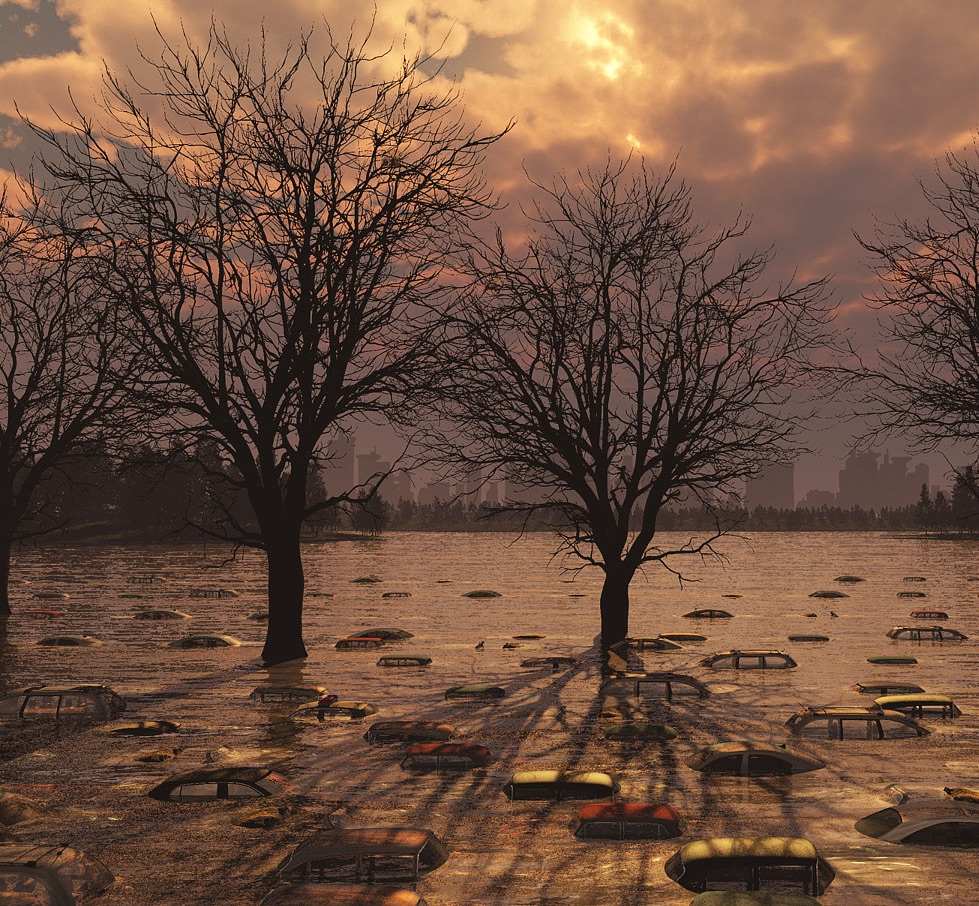
Overcoming Barriers to Sustainable Lifestyles: Navigating the Psychology of Change in the Climate Crisis
As the world grapples with the escalating climate crisis, the urgency for collective action and sustainable living has never been greater. However, despite growing awareness and scientific consensus, the pace of public adoption of sustainable lifestyles has been disappointingly slow. Examining the psychology of change within organizations offers valuable insights into why individuals are hesitant to embrace a sustainable future, revealing the barriers that impede progress.
Psychological research suggests that people's resistance to change is often rooted in their fear of loss rather than change itself. When it comes to the climate crisis, this fear of loss manifests in various ways. Some individuals worry about the potential economic impact of transitioning to sustainable practices, fearing job losses or increased costs. Others may fear the loss of convenience, comfort, or lifestyle choices they have become accustomed to. Understanding and addressing these underlying fears is crucial to catalyzing public action.
One of the major barriers to social change and sustainability lies in the perception that individual actions make little difference in the face of a global problem. This phenomenon, known as "collective action problem" or "free-rider problem," occurs when individuals believe that their actions will not significantly impact the overall outcome and, thus, choose not to act. Overcoming this barrier requires effective communication and education that emphasizes the cumulative impact of individual actions and highlights the power of collective effort in mitigating the climate crisis.
Additionally, the lack of immediate and tangible feedback on individual sustainability efforts poses another obstacle to widespread adoption of sustainable lifestyles. Unlike organizational changes that often yield tangible results and feedback, such as increased productivity or cost savings, the benefits of individual sustainable choices are often intangible or long-term. This lack of immediate gratification can undermine motivation and deter individuals from making sustainable choices. Encouraging behavior change through feedback mechanisms that highlight personal and collective progress towards climate goals could help address this barrier.
Another critical barrier is the influence of social norms and cultural inertia. Humans are inherently social beings, and our behavior is heavily influenced by the actions and opinions of others. In many cases, individuals are more likely to conform to prevailing norms rather than adopt new practices, even if they are aware of the need for change. To overcome this barrier, it is essential to create a social environment that normalizes and rewards sustainable behaviors, making them more visible and desirable within communities and society as a whole.
Furthermore, economic and systemic factors can act as barriers to sustainable living. Financial constraints, limited access to sustainable alternatives, and the absence of supportive policies and infrastructure can hinder the widespread adoption of sustainable practices. Addressing these barriers requires a comprehensive approach that includes affordable and accessible sustainable options, regulatory frameworks that incentivize sustainability, and investment in green infrastructure.
In conclusion, the psychology of change within organizations provides valuable insights into the barriers hindering the public's adoption of sustainable lifestyles amidst the climate crisis. Fear of loss, the perception of individual actions as inconsequential, lack of immediate feedback, social norms, and systemic factors all contribute to the sluggish pace of change. Overcoming these barriers requires a multi-faceted approach that combines effective communication, education, feedback mechanisms, social norm shaping, and systemic transformations. Only by addressing these barriers can we hope to unlock the full potential of sustainable living and mitigate the climate crisis for future generations.